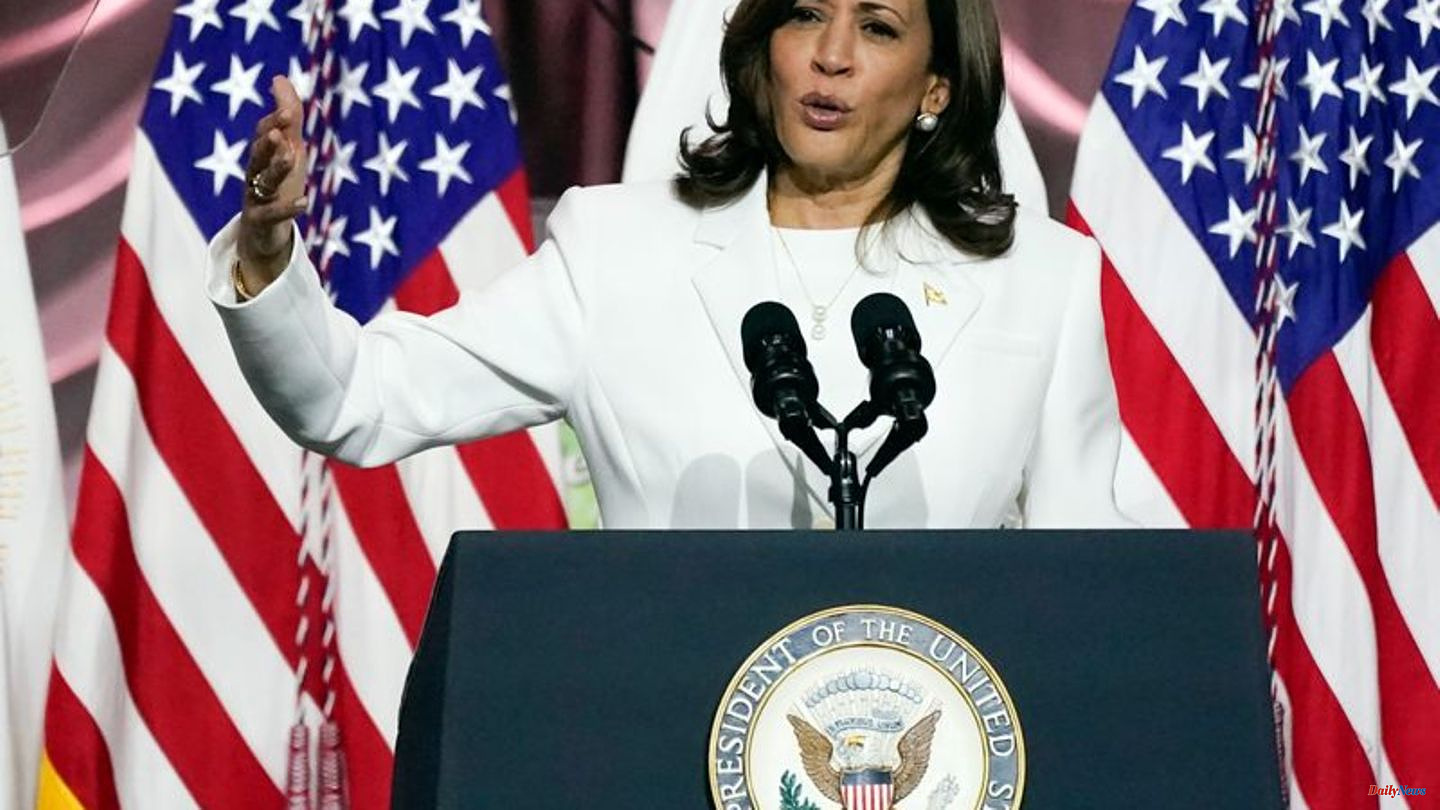With a narrow majority of Democrats, the US Senate has passed a bill for massive investments in the social sector and climate protection, among other things.
Vice President Kamala Harris - who also chairs the Senate by office - cast the deciding vote by simple majority on Sunday. Republicans voted unanimously against the so-called Anti-Inflation Act. With amendments, they had delayed adoption for almost 16 hours. In the end, all of the Democratic senators plus Harris voted in favor of the bill, providing the necessary majority of 51 votes.
Senate Majority Leader Chuck Schumer said after the vote the bill would reduce inflation, create millions of jobs and increase energy security. He added: "The Senate has now passed the most significant bill ever to tackle the climate crisis. And it will make a difference for my grandchildren."
The approval of the House of Representatives, which has scheduled a vote for Friday, is still necessary - in this chamber of Congress, the majority is considered secure. US President Joe Biden welcomed the passage by the Senate and called on the House of Representatives to vote soon. Biden acknowledged that the law required "a lot of compromises". "That's almost always the case with important things," he added.
lengthy negotiations
After tough negotiations, the package is only a fraction of what US President Biden wanted to achieve for climate and social affairs. In particular, Democratic Senator Joe Manchin repeatedly torpedoed Biden's plans. Schumer had negotiated changes with Manchin a few days ago and surprisingly presented an agreement. For Biden, however, the passage shortly before the congressional elections in November is an important success.
Schumer repeatedly emphasized that the most important elements of the law remained intact - such as reducing the cost of prescription drugs, combating climate change, closing tax loopholes and $300 billion for debt reduction.












